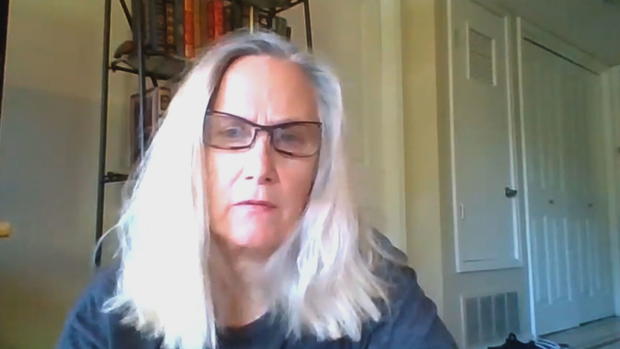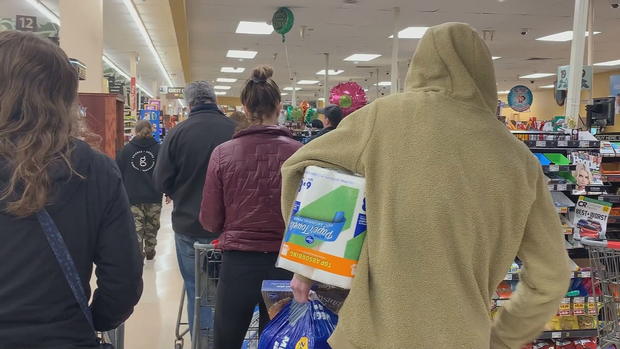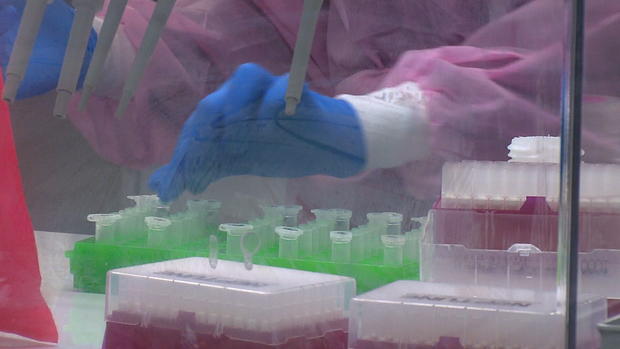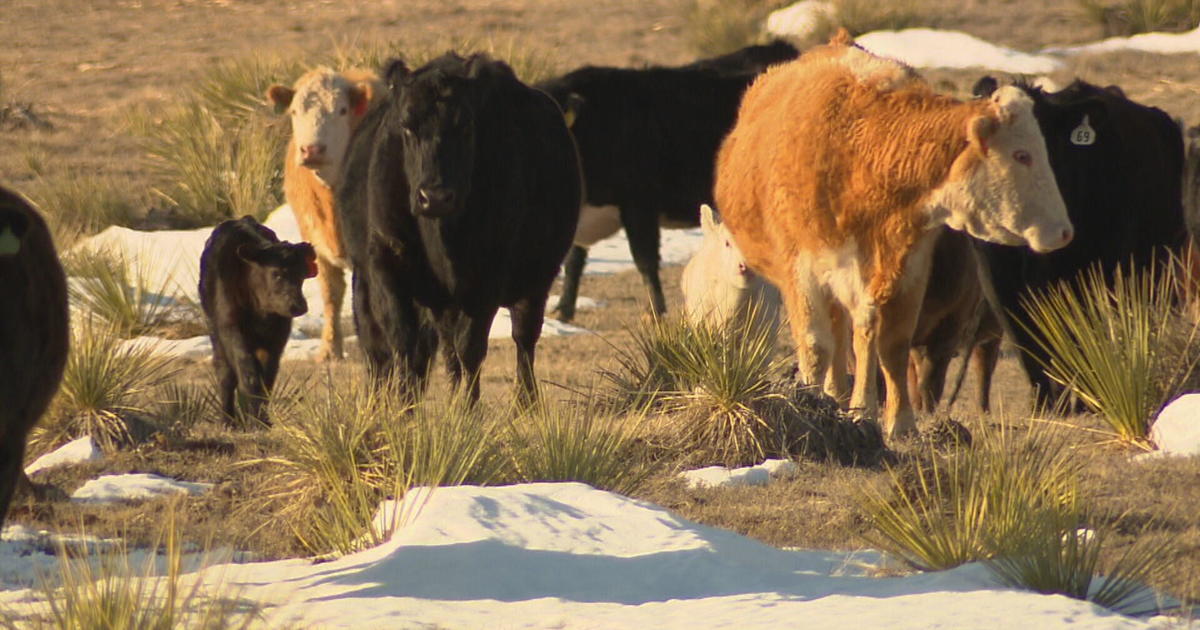Who Can Spread COVID-19?
DENVER (CBS4) – "They told me that I was positive and frankly I was kind of shocked."
Theresa Perry says she wasn't feeling sick at all.
"I didn't have any symptoms," Theresa said.
She got a test because her boyfriend was feeling sick and there happened to be a medical office doing testing. When she got the results, she couldn't believe it. Now she looks back and feels badly that she might have made someone else sick.
"I don't feel good about it. I will tell you I had been wearing a mask and I had been doing social distancing. Not going out much."
It was around Easter when she found out she had COVID-19. She figures there was about a two week period when she might have been infecting people, before she got hit with symptoms like severe fatigue and dry cough.
"It does trouble me. I was around my mother."
Fortunately, she was already abiding by recommendations to social distance and was wearing a mask.
Theresa was one of the many who may have spread -- or be spreading -- the disease without knowing. The CDC is estimating 40% of transmission is happening when people are not showing signs of illness.
They fall into two categories, asymptomatic and pre-symptomatic, says Colorado State University professor Alan Schenkel. Shenkel is with the university's Department of Microbiology, Immunology, & Pathology.
"Both the them can be shedding the virus. And they can be potentially infectious," said Schenkel. But then he refined that. "It's just not exactly clear how much virus they have and how much virus they can actually shed to other people."
At National Jewish Health, the hospital and its sister hospital, St. Joseph, are testing all people who come in for any procedure.
"It's less than one percent of the people we're testing are actually having virus detectable from a nasal swab when they're asymptomatic," said Dr. Jay Finigan director of Respiratory Centers of Excellence at National Jewish Health.
That may not seem like much, except the virus has a rate of transmission believed to be about three. That means each infected person shares infection with a little under three others. (There's more on this in our report about herd immunity: https://denver.cbslocal.com/2020/04/21/good-question-what-is-herd-immunity/.) The scale of the growth of the virus among unprotected people would quickly become exponential if people don't wear a mask and practice caution.
"It's definitely one of the things that worries us. It's a concern and it's definitely something that we want to get on top of," said Dr. Finigan.
But, it's not yet clear who shares it and when.
"It's a good question," says Finigan. It's well known that pre-symptomatic people like Theresa can share the virus. While an asymptomatic person can test positive for COVID-19, it's possible they may not spread it.
"We don't have a lot of evidence for absolute certainty that asymptomatic people have infectious virus particles," said Schenkel. "They might have virus we can detect, but that may not be actual live virus."
Most COVID-19 tests detect genetic RNA information that shows the presence of the virus. But, that genetic information isn't proof of a fully-functioning virus.
In addition, other people seem to recover from illness, but continue to test positive for COVID-19.
"We have some people who are staying positive if you test them for weeks and weeks," says Finigan. "Longer, much longer in some cases from when their symptoms start to improve when they start to get back to normal for how they feel. They are still testing positive for virus. The question we don't know is, does that mean they are infectious?"
And that brings up a very significant problem in reopening.
"People need to get back to work. I get that. And I think that it needs to be done responsibly," says Theresa Perry.
But the problem, experts admit, is that transmission is simply not pinned down with research. Schenkel agreed that we're setting policy without knowing where the real risk may be.
"We need to do extensive testing. We need to have constant surveillance of a large population of people regular tests over several days so we can find out when they come up positive and then if they infect other people we'll be able to trace that."
But that kind of testing and tracing is still not in place in Colorado as we move in steps toward re-opening, without knowing who can spread disease and when.
Theresa, meantime, is still staying mostly at home. She's gone to the store a few times. It disturbs her watching people defying social distancing.
"So to be out in masses like that, standing along a creek or being at the dam and visiting with other people and thinking that you're bulletproof is not the case," she said. "You're not bulletproof."






